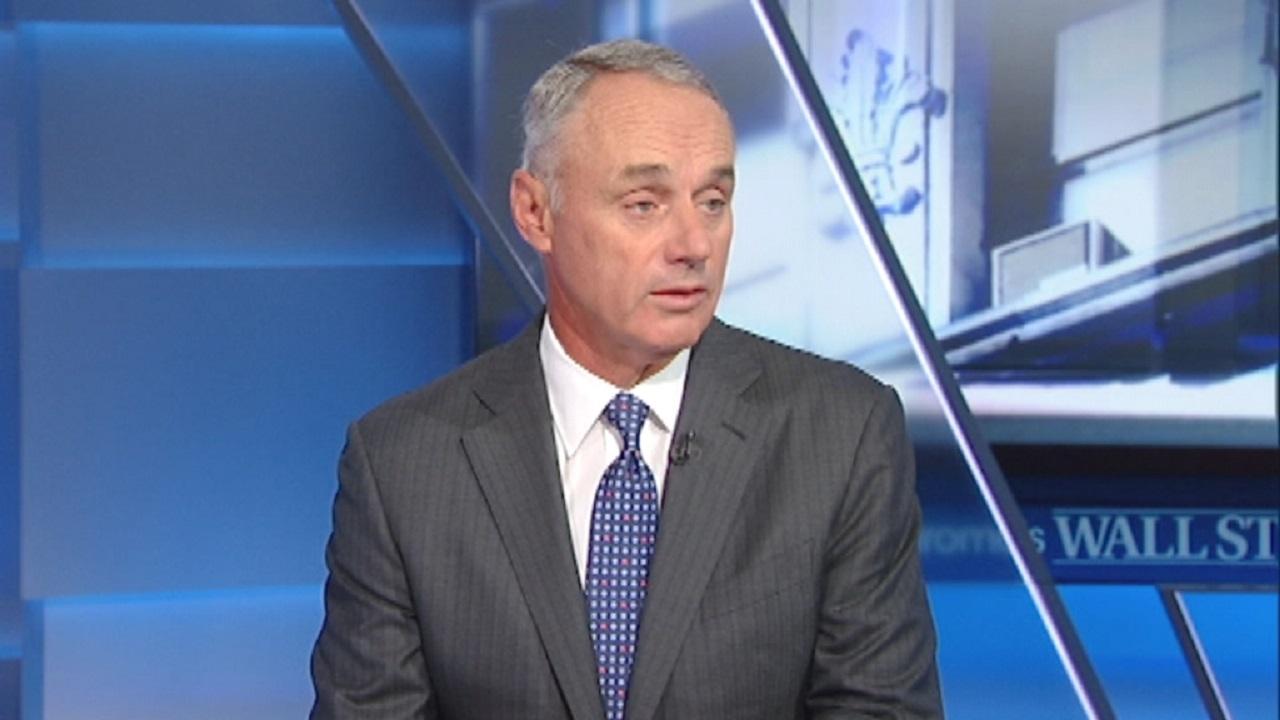MLB ownership rule change puts private equity in scoring position
Multiple private equity firms are interested in buying team ownership stakes
In 2012, Boston Red Sox owner John Henry shut down his hedge fund and investment company. But the future of baseball may see an influx of owners with hedge funds and private equity helping pay for their teams.
A recent tweak to Major League Baseball’s ownership rules could mark a sizable increase in the pool of prospective bidders for the league’s 30 teams – and private equity firms are already interested. In a bid to gain access to new sources of equity investment, MLB changed its bylaws earlier this year to allow investment funds to acquire minority stakes in multiple teams. Multiple private equity firms are looking to take advantage of the pathway to ownership, sources familiar with the situation told FOX Business.
The entry of private equity would mark a noticeable shift in an MLB ownership structure traditionally dominated by wealthy individuals or well-known public companies. The rule change would also provide a way for current owners, especially those looking to cash out their minority stakes, to capitalize on soaring MLB team valuations, many of which currently exceed $2 billion.
“While MLB is well aware of its potential ownership suitors, this provides them yet another way, albeit indirectly, to potentially engage with those interested in franchise ownership down the road, especially if family offices or other high- net-worth individuals become involved in the funds," said David Carter, founder of consulting firm Sports Business Group.
BERNIE SANDERS RIPS MLB OVER PLAN TO CUT MINOR LEAGUE BASEBALL TEAMS
The sharp increase in franchise valuations across all major U.S. sports leagues has effectively priced out all but the world’s wealthiest individuals from the bidding process. The average MLB team was worth $1.78 billion as of last April, according to Forbes’ annual calculations. While the Miami Marlins are valued at $1 billion, the New York Yankees – baseball’s most valuable franchise – would fetch an estimated price tag of $4.6 billion.
The sharp price tag is especially restrictive for owners looking to sell minority stakes or limited partnerships in a potential franchise. Limited partners have little to no say in how franchises are operated, see less profit in the event of a potential sale and earn less public notoriety than principal owners.
Unlike the NFL, which restricts ownership to individuals, Major League Baseball has traditionally allowed corporate ownership of its franchises. Liberty Media, a mass media firm that includes Sirius XM Satellite Radio and Formula One Racing, owns the Atlanta Braves.
GET FOX BUSINESS ON THE GO BY CLICKING HERE
The publicly traded company said the Braves posted adjusted operating income of $94 million in fiscal 2018 and record revenue of $442 million. In perhaps the most well-known instance of corporate ownership of a pro sports franchise, the Walt Disney Company owned the Los Angeles Angels franchise from 1999 until 2003. And while the late George Steinbrenner's name is synonymous with the New York Yankees, he purchased the team from television and media company CBS, which owned the team for nine years and sold it for $10 million, taking a loss on the deal.
Sports banking firm Galatioto Sports Partners is a prospective participant, sources said, on MLB’s rule change, which was first reported by Bloomberg. The firm has purportedly established a $500 million fund to invest in MLB franchises.
Galatioto Sports Partners and MLB declined to comment on the matter.
CLICK HERE FOR MORE SPORTS COVERAGE ON FOXBUSINESS.COM
Aside from a potential windfall in the rare event that their MLB franchise is sold outright, minority investors could benefit by selling shares to secondary investors or other private equity firms. For MLB franchises, the entry of private equity interests would provide a source of liquidity for limited partnerships that would otherwise be a tough sell to wealthy individuals.
But it could also create situations that complicate a team's operations. For example, suppose a private equity fund were to buy 45 percent of a team's ownership through buying shares of the team’s valuations. The fund could institute changes through the ownership group to make its likely debt-laden investment deliver higher dividends. This could translate to anything from slashing budgets for contracts to increasing the price of a stadium hot dog.
While money talks in sports -- and especially in baseball -- not everyone is certain private equity will come up to bat.
“Leagues want consistency and owners who are in it for the love of sports, offering benefits to the community and supporting goals of the league,” Phil de Picciotto, president of sports marketing agency Octagon, recently told Institutional Investor. “None of these are private equity qualities.”





















